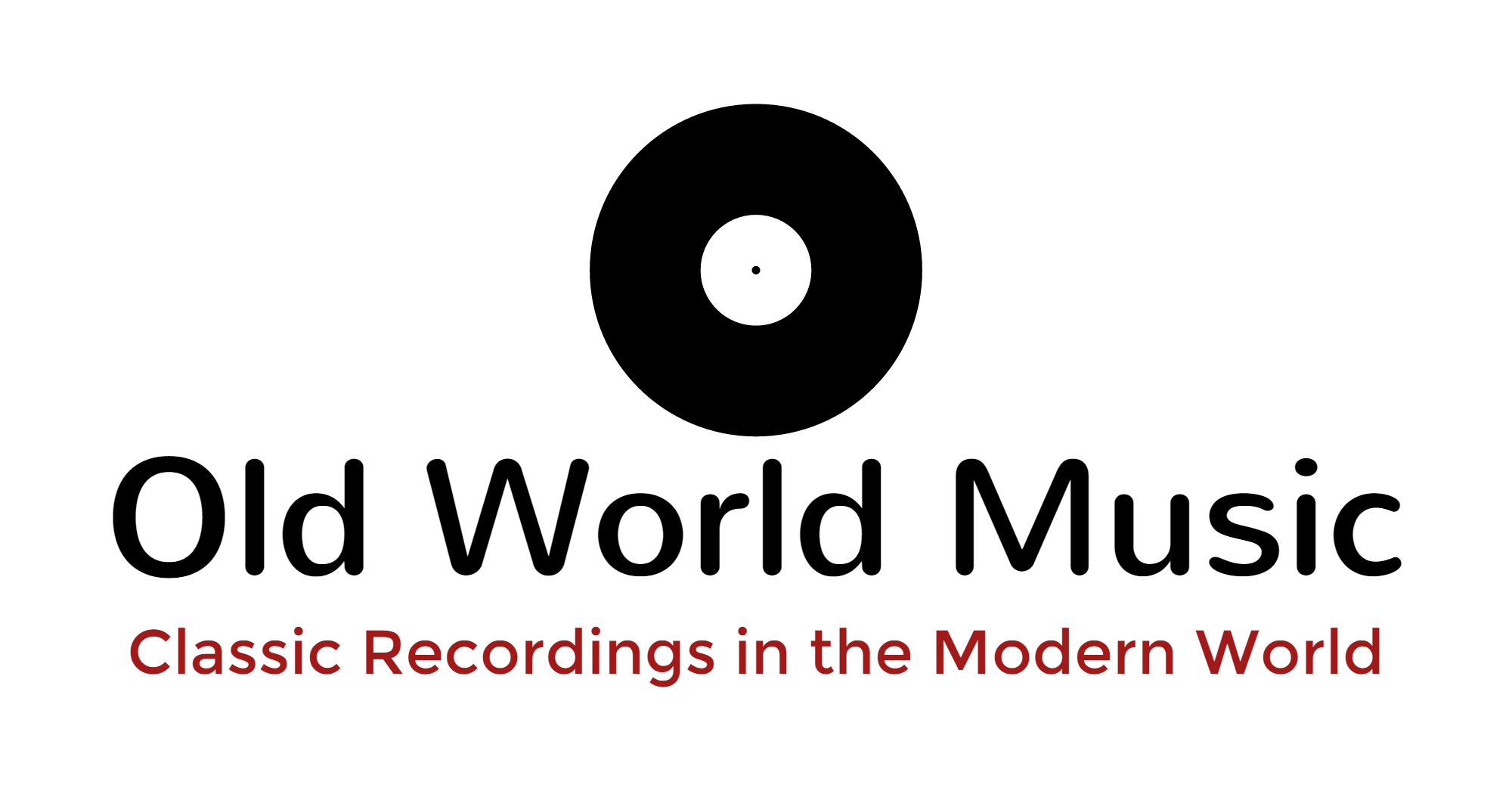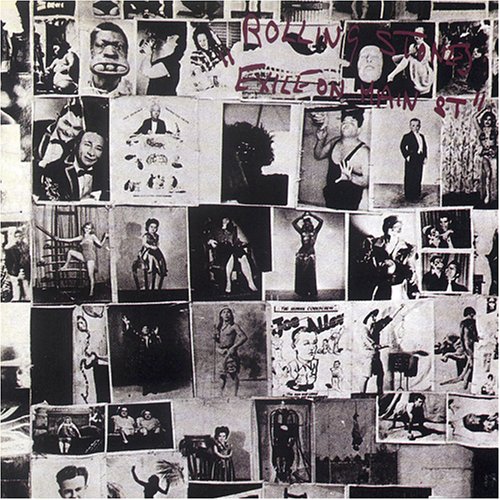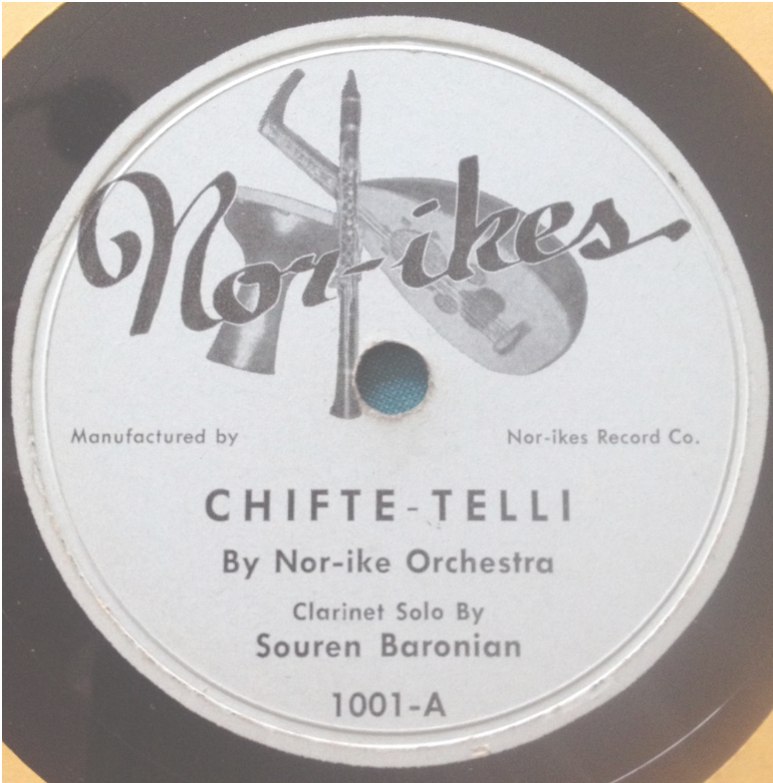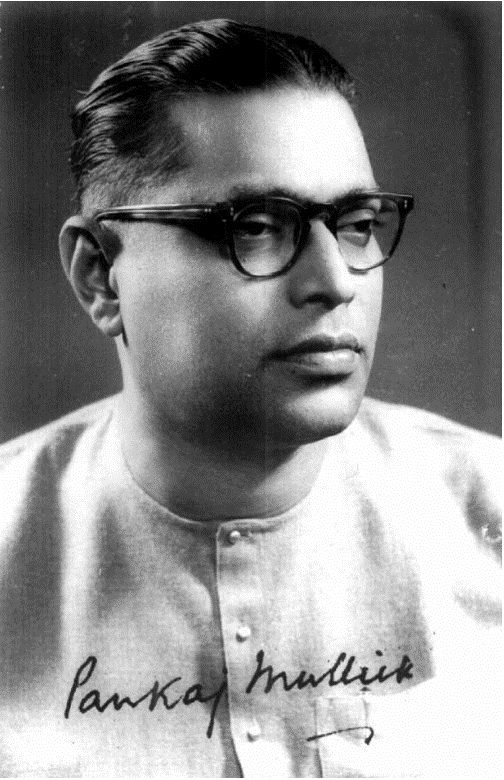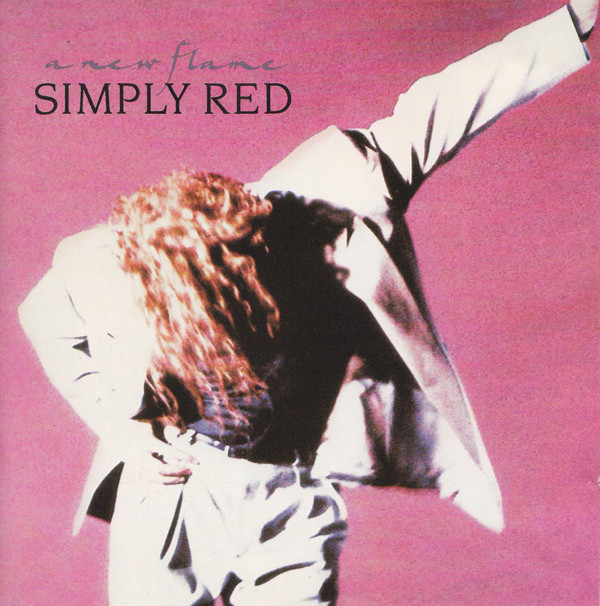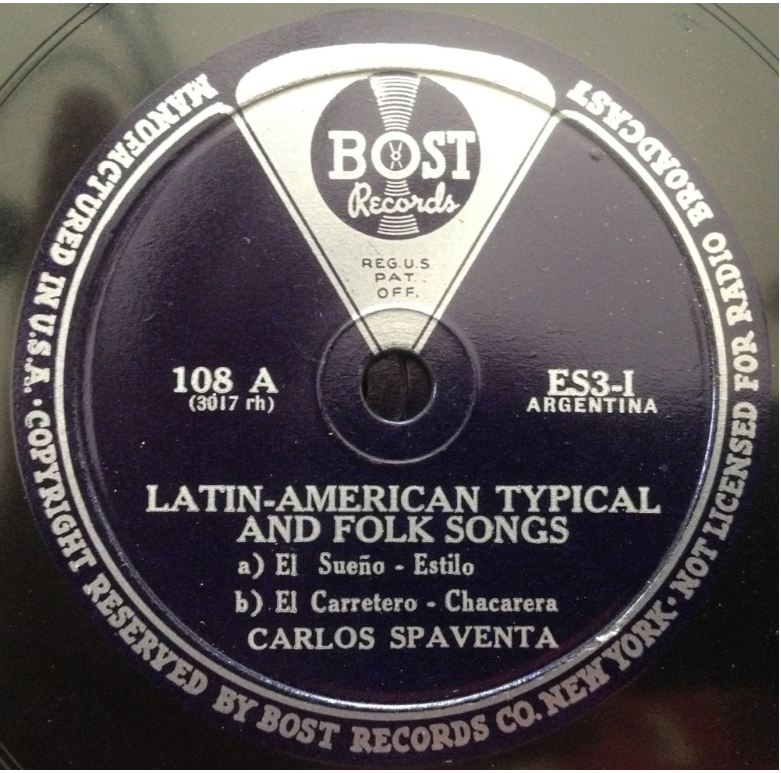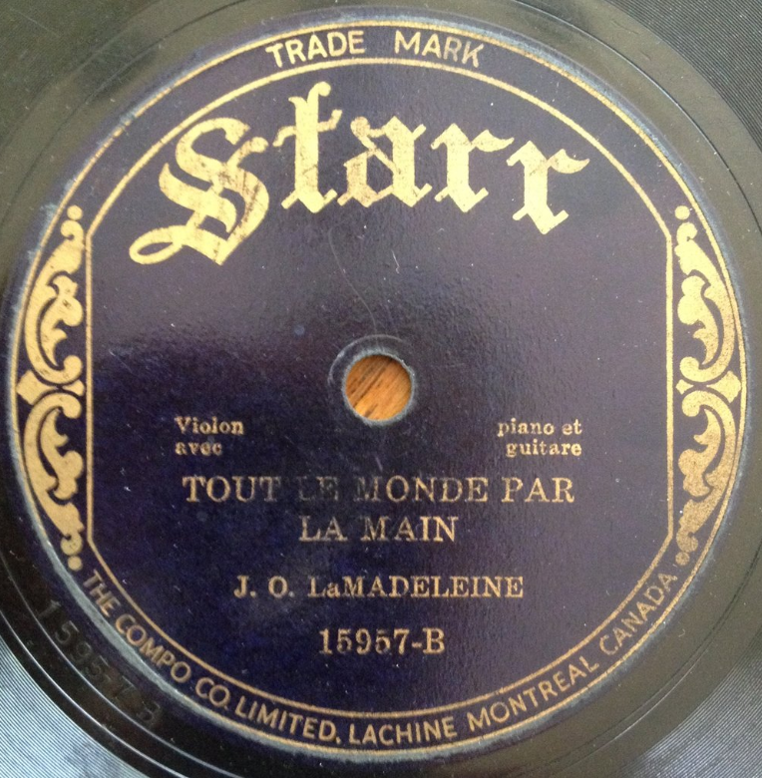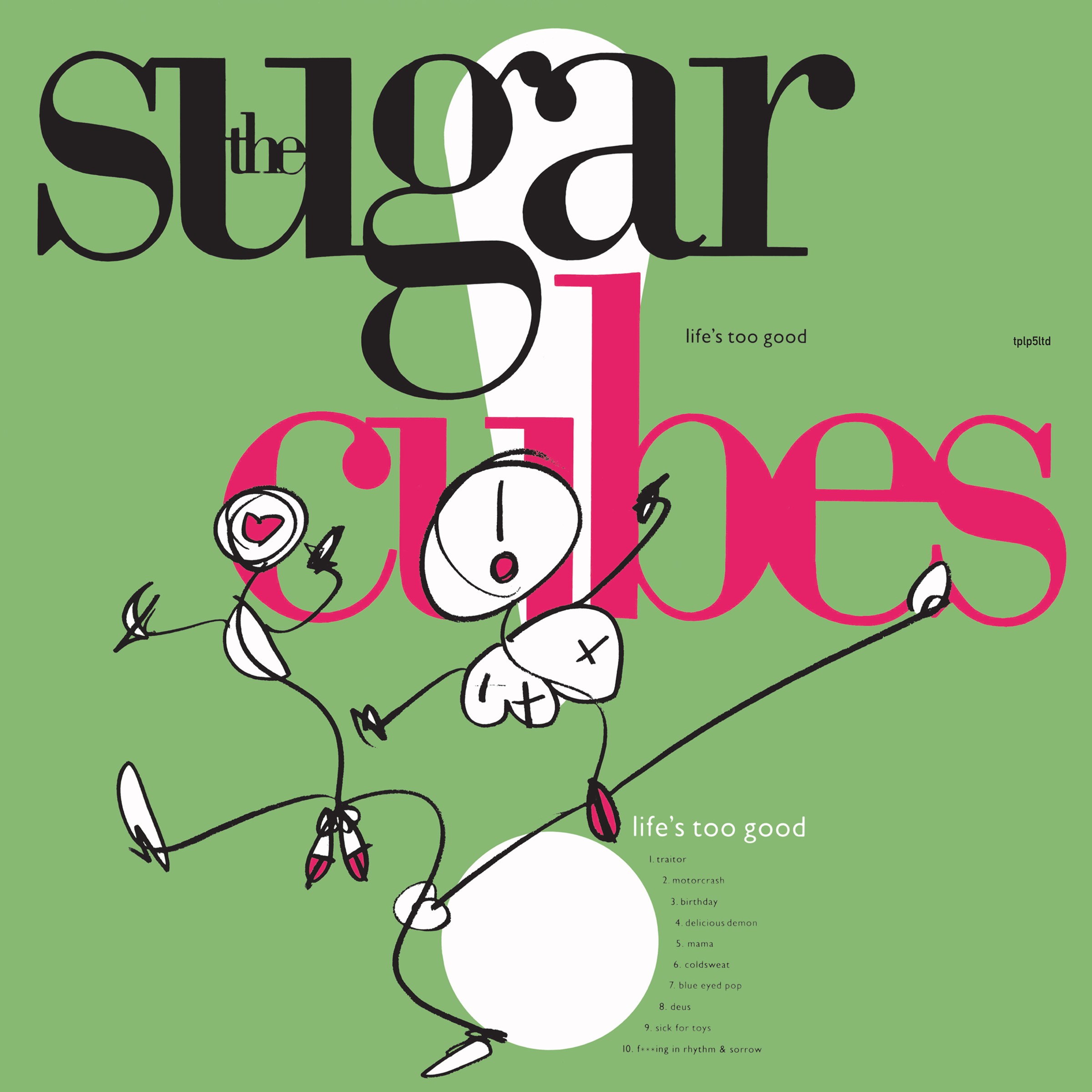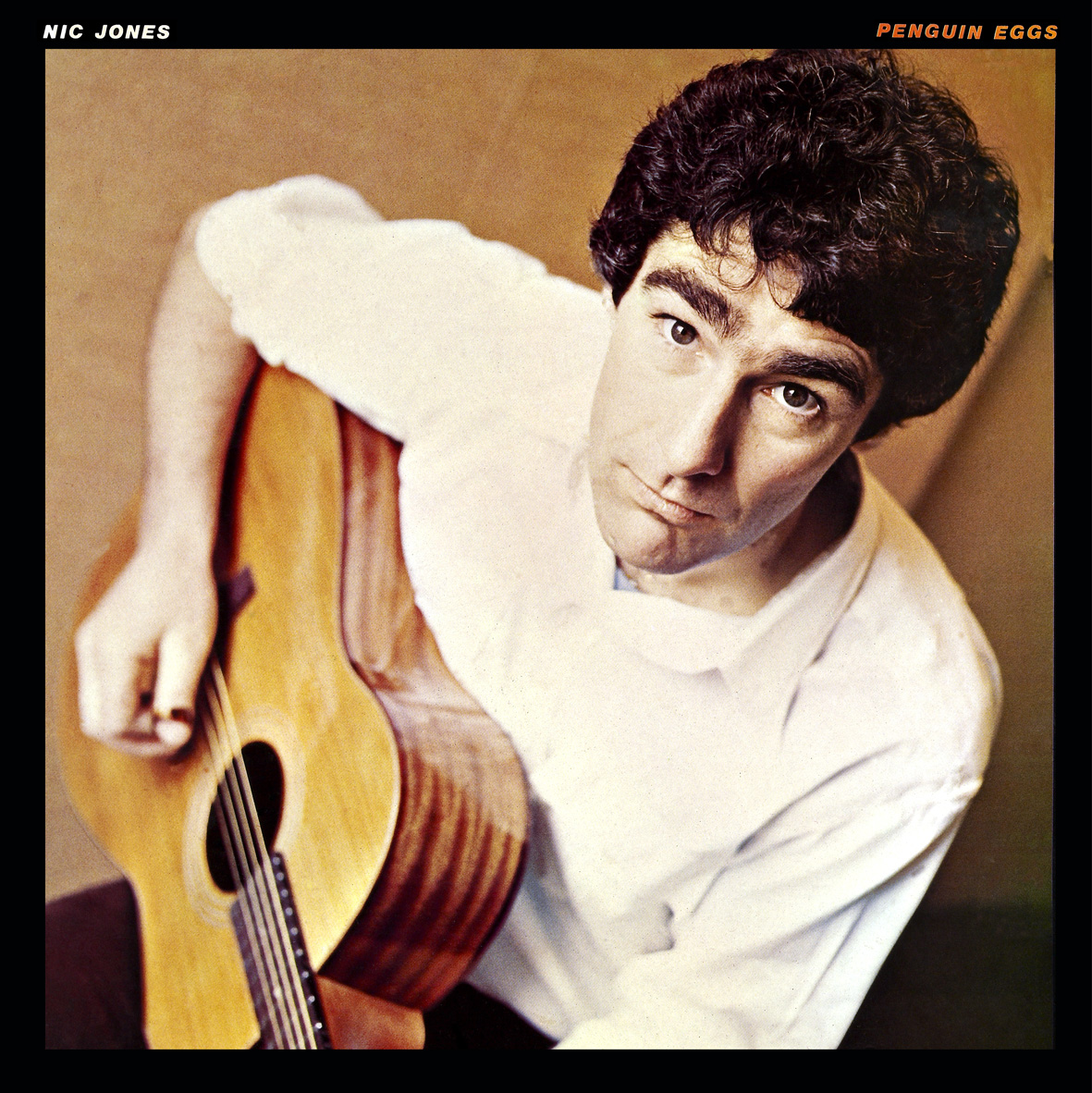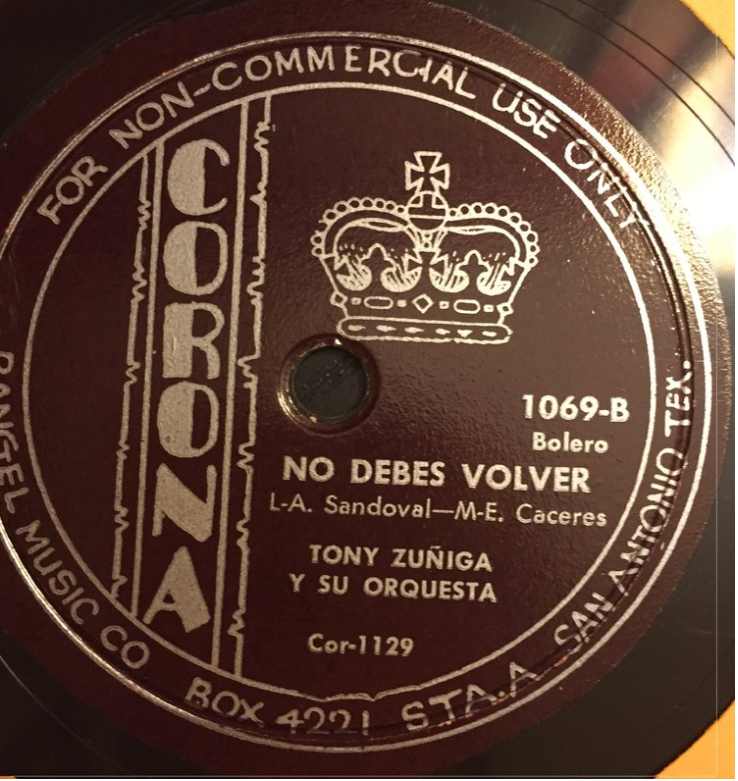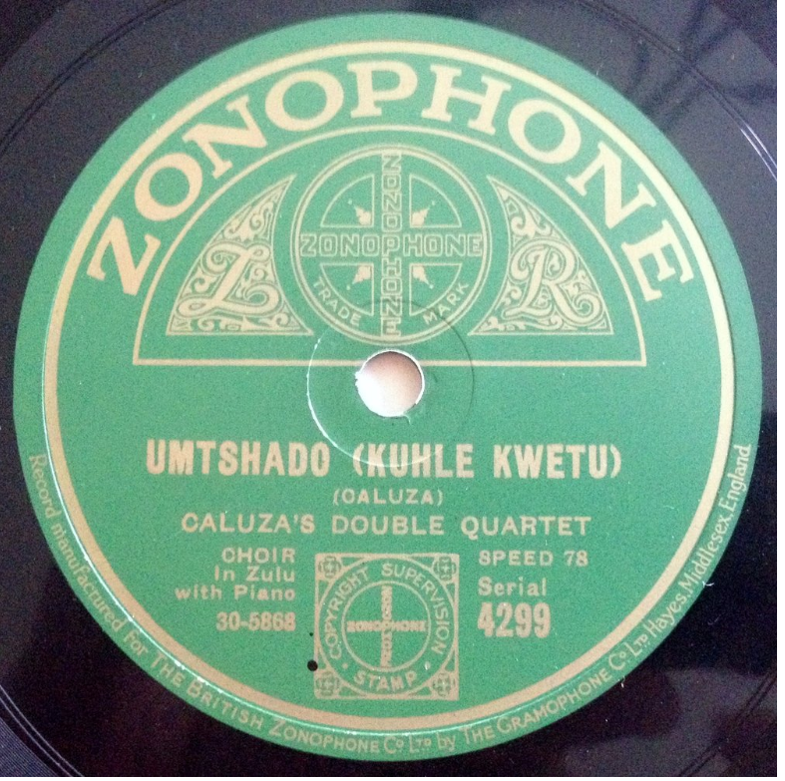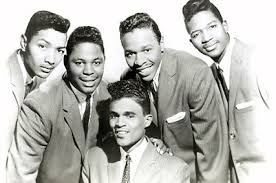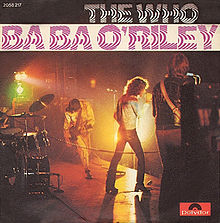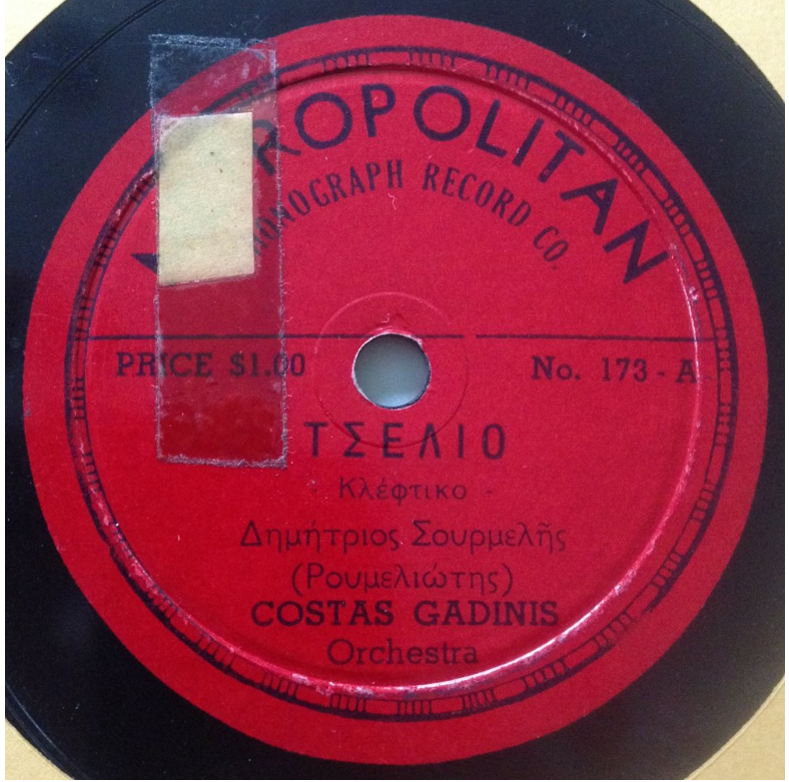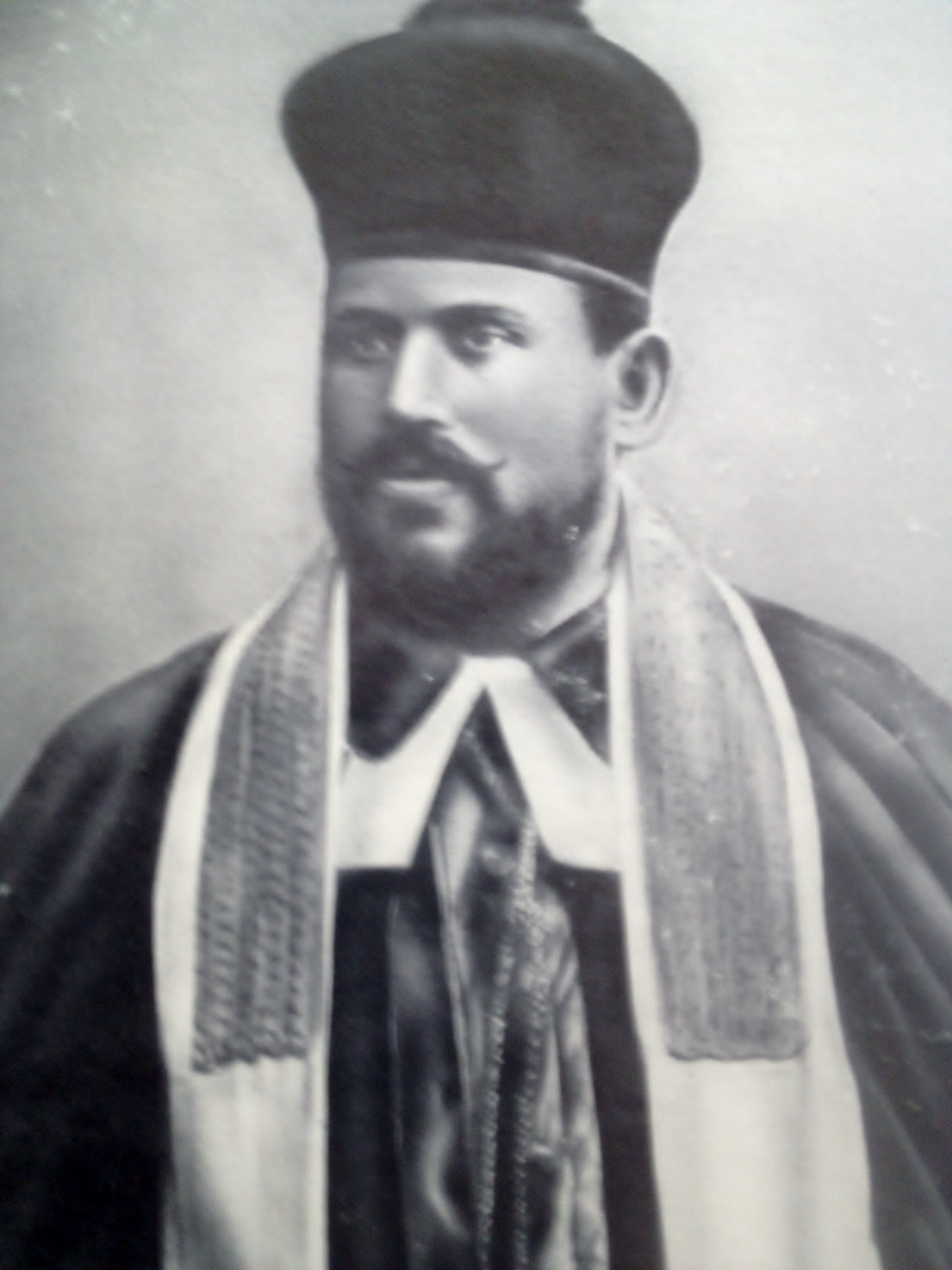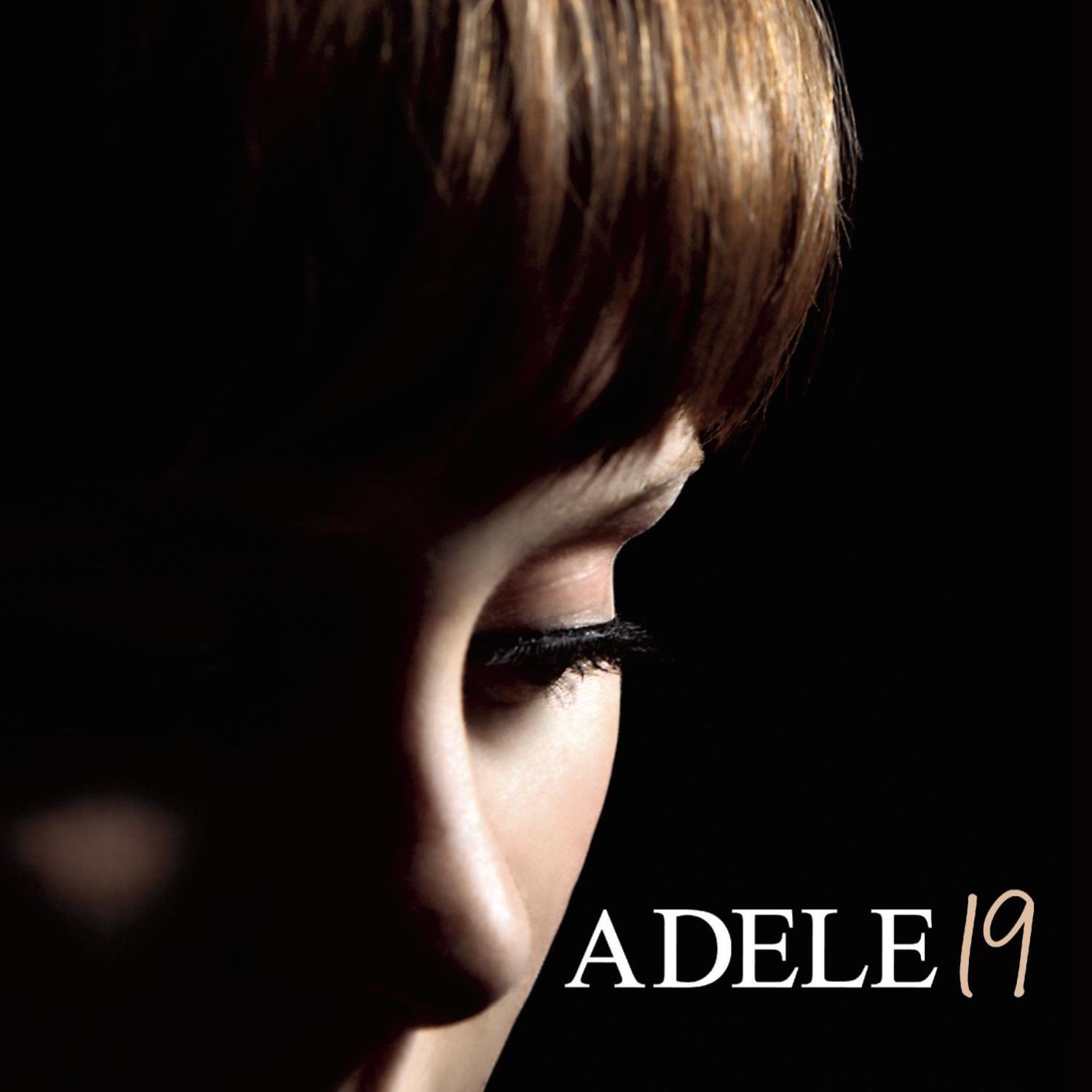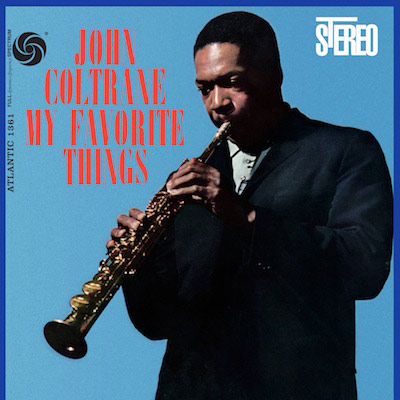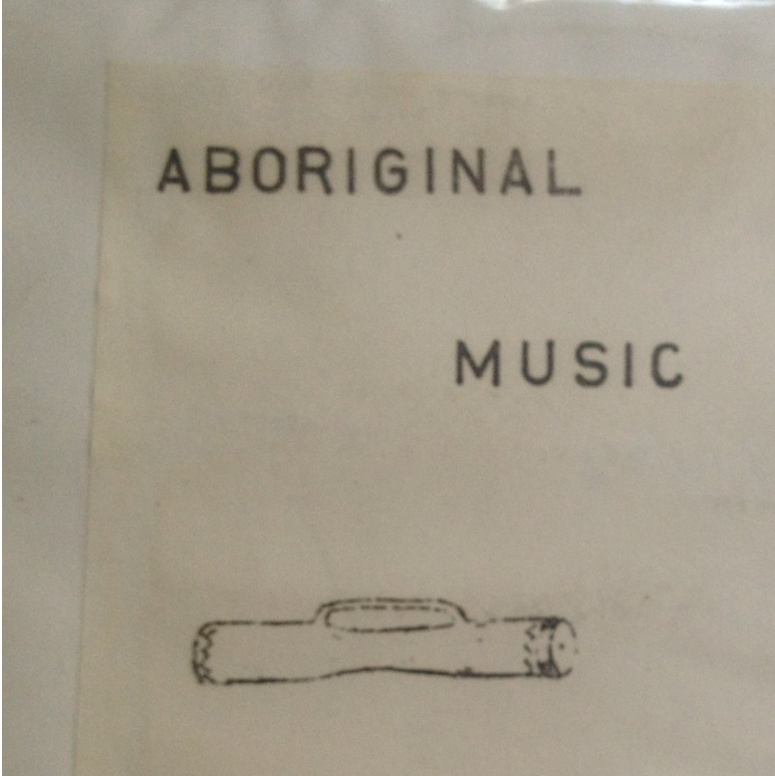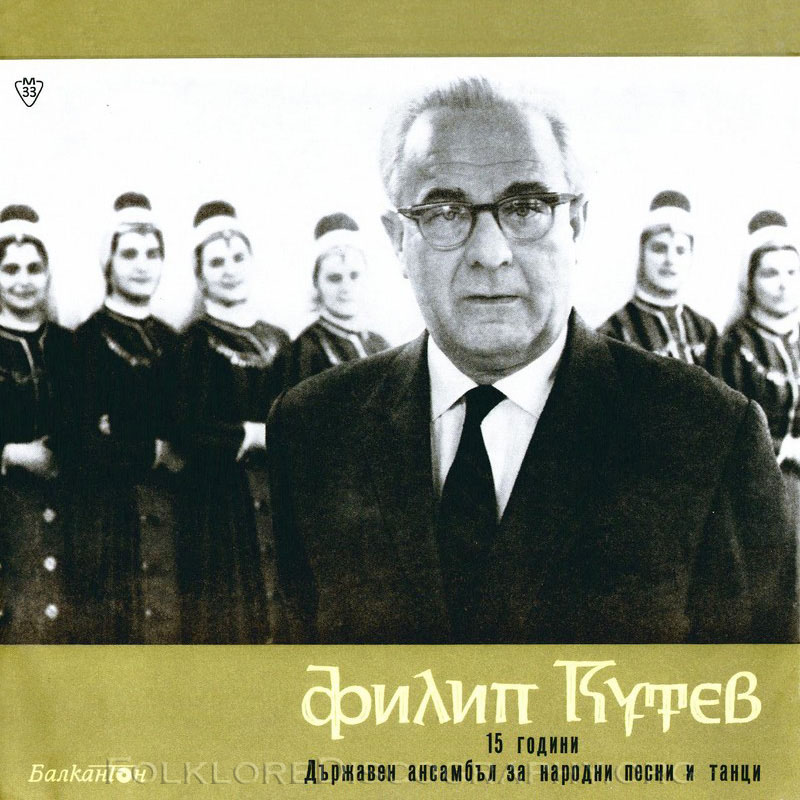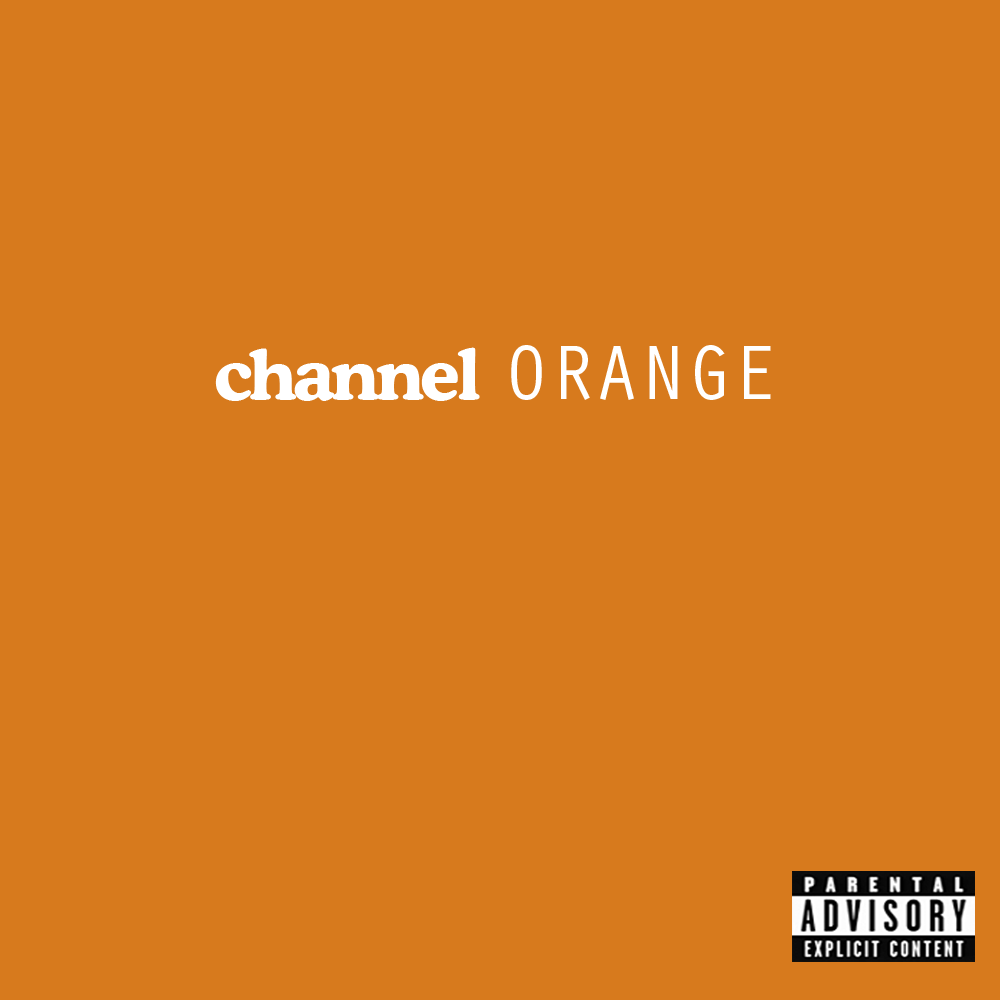Over the years I've collected thousands of old records, transfixed by their conjuring of peoples and styles long since changed. These recordings, and the tens of thousands more still to be discovered, are a cultural treasure house, but very few people know this music exists. A golden age of recording, from the 1890s to the 1950s, where old styles and new technology briefly intersected, is now forgotten. It's like picking up the Elgin Marbles, the Gutenberg Bible and the Mona Lisa- three for a dollar- in a junk store and keeping them in my living room. Stranded in obsolete formats, lost in a babel of languages, and abandoned in thrift shops; heavy, dirty and cracked. Where is the museum? Where is the documentary?
Through these recordings I leap continents and jump through time. Some inscribe ancient traditions, and others what has hot in Spain in the 1920s or the latest thing in South Africa in 1940. In the 21st century we stand after millennia of human history. A globalized world has reduced cultural isolation but increased awareness and access- I want to explore, not pretend that music started in 1956. A hundred times more hard-won musical skill, passion and range is coded in these black discs than in the popular music of a few slim decades.
I love all kinds of music, but the same thing that stopped me in my tracks when I first heard The Beatles or Pink Floyd, Judy Garland or Mavis Staples led me here. A globalized world needs a globalized playlist, by geography and over time. An old world must remember the old music. A musical landscape that is running out of ideas must look back in order to move forward.
To make the point, I've paired some of the tracks on the Old World Music site with an unlikely collaborator- connecting a New York Armenian clarinetist with the Rolling Stones and a Bulgarian choir with Frank Ocean. It is these kinds of encounters that inspire me. All great music starts with fresh thinking, often sparked by outsiders and alien influences. This is the essence of the modern world. Get creative...
Undaunted in changing times, the cracking pace of Rocks Off by the Rolling Stones from 'Exile on Main Street' (1972); and Chifte-Telli by the Nor-ike Orchestra- soaring, hypnotic Armenia dance music (New York, c.1951).
Out of nowhere, Simply Red's sublime You've Got It (1989) penned with Motown's Lamont Dozier; and the delicate, twirling Madbhari Rut Jawani (1940) written and performed by Pankaj Mullick, one of the pioneers of Indian cinema.
Prisoners of Love- Spotlight by Jennifer Hudson (2008) and Carlos Spaventa's heartfelt interpretation of El Sueño (1942).
There's no connection: Tout Le Monde Par La Main- powerful, building dance music from a French-Canadian master (1930s) and Birthday by the Sugarcubes (1987), the mysertious, shimmering song with the vocable chorus that introduced Bjork to the world.
Dead-ends & Second Chances- Flandyke Shore by Nic Jones (1980), the quintessential reminder that there is a magic in modern interpretations of folk songs, and No Debes Volver by Tony Zuniga and this Orchestra (c.1949), who seems to have followed this own advice.
Til Death Do Us Part- pioneering South African composer Reuben Caluza composed this piece for his wedding day. The Dells Always Together (1968), an impassioned ballad to devotion, is now testament to this group's 60-year career.
West & East- Dave Arbus' perfectly out-of-place swirling violin solo, the coda to Baba O'Riley, is an example of what can happen when the rules are broken. Costas Gadinis (born c.1885), the great clarinetist, lived the turbulence of influences in the Ottoman Empire before emigrating to America.
100 Years of Chasing- uncertainty, faith, trust, hope, trial-and-error. Y'Seorev (1908) by the mighty Gershon Sirota, the first Jewish cantor ever recorded, and Chasing Pavements (2008), the first sign, to me at least, that Adele was something special.
What is Old? What is New? My Favorite Things (1960), a hit for the bebop iconoclast, built bridges for a mainstream audience. In 1972, the Lockhart River Aboriginal Community failed to chart.
Rewind Sellecta- The State Ensemble for Folk Songs & Dances, founded in 1951 by composer Philip Koutev, showed that strange traditions could be utterly beguiling to an international audience. Frank Ocean's Channel Orange (2012) bashes stereotypes and swords genres but keeps rules and rule-breaking in check.
